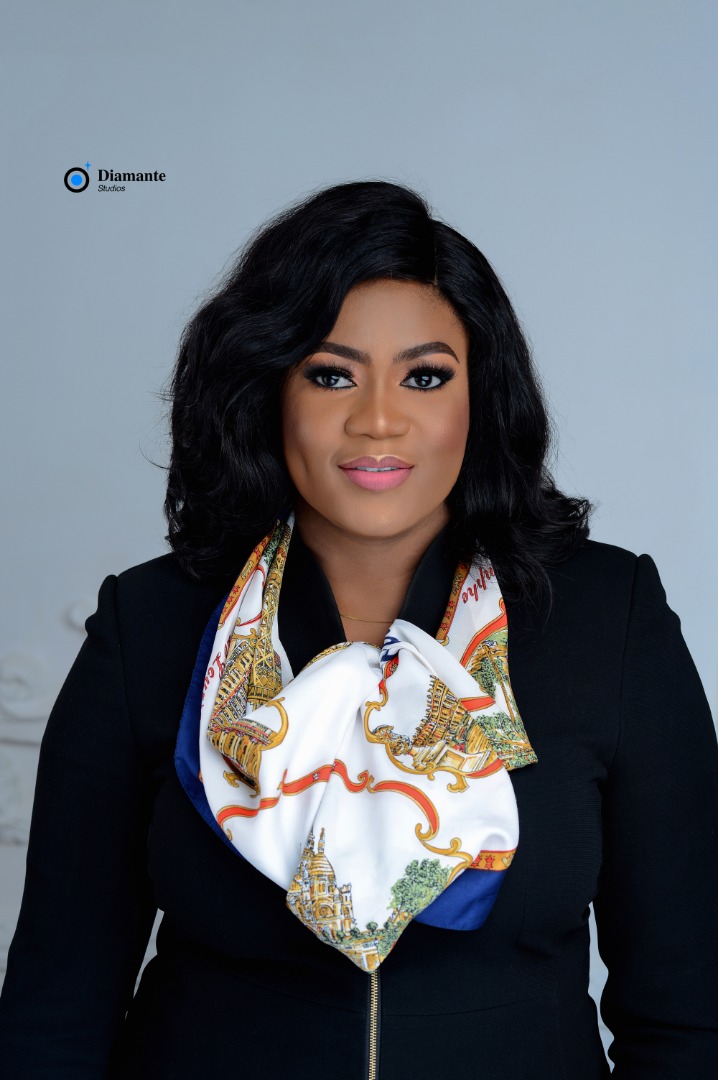In Nigeria, parties to civil actions are usually responsible for their litigation costs.
A scenario where a legal practitioner entered into an agreement to provide funds for litigation or without charge to conduct litigation or elects to bear the cost of action for another in consideration of a share of the proceeds of the suit is champertous.
It is settled law that while a lawyer is allowed to enter into a contingency fee agreement, he or she is not allowed to bear the expenses or costs of litigation. See; Kessington Egbor V. Ogbebor (2015) LPELR-24902 (CA), and John Oloko V. Mr. Sunday Awoko Ube (2003)LCN 1408 (CA). However, there are exceptions to the general rule as a lawyer may be allowed to advance the cost of litigation as a matter of convenience and subject to reimbursement.
The Rules of Professional Conduct which is the floor for every legal practitioner make provisions for the standards of professionalism. It, therefore, also makes provision for the remuneration and fees for legal practitioners, relaxed the practice or norm prohibiting a legal practitioner from bearing the cost of litigation or funding the same.
In Nigeria, Part F of the RULES OF PROFESSIONAL CONDUCT FOR LEGAL PRACTITIONERS, 2007 regulates dealing with Payment of the expenses of litigation. Rule 51states as follows:

- A lawyer shall not enter into an agreement to pay for, or bear the expenses of his client’s litigation, but the lawyer may, in good faith, advance expenses-
(a) as a matter of convenience, and
(b) subject to reimbursement.
The importance that practitioners should place on repute cannot be overemphasised because it is the most valuable professional asset.
LEGALTIPS is anchored by Ms CIA Ofoegbunam, an Abuja-based lawyer who is passionate about legal practice.
LEGALTIPS offers quick hints on substantive law, as well as rules of practice and procedure, and serves as a handy reference guide to lawyers, especially in court.
Published on a weekly basis, the LEGALTIPS Series is CIA’s modest contribution to legal development in Nigeria.



